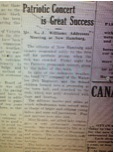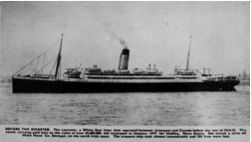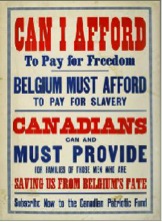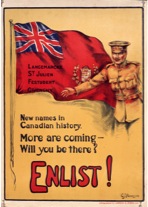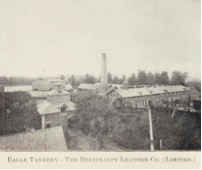The industrial growing pains of Ontario were still being felt even after the war contracts were being handed out in August and September of 1914. Only a select few companies were receiving war contracts from the government to stimulate new businesses. As the Berlin Daily Telegraph reported, this was a growing concern for Ontario’s economic future.
Over the span of one week a total of seven new companies were introduced in the province. Those include the: Claufield & Sons Ltd., Brantford Bowling & Athletic Club, Boxall and Matthhie Ltd., Welland Land Cooperative Society Ltd., Peninsular Motor Sales Co., Ltd., Feick Manufacturing Co., Sarnia Metal Products Co. This illustrated how the war economy was taking considerable time to fully develop in Canada.
(“Few new Companies are Being Formed,” Berlin Daily Telegraph, 28 September 1914)

